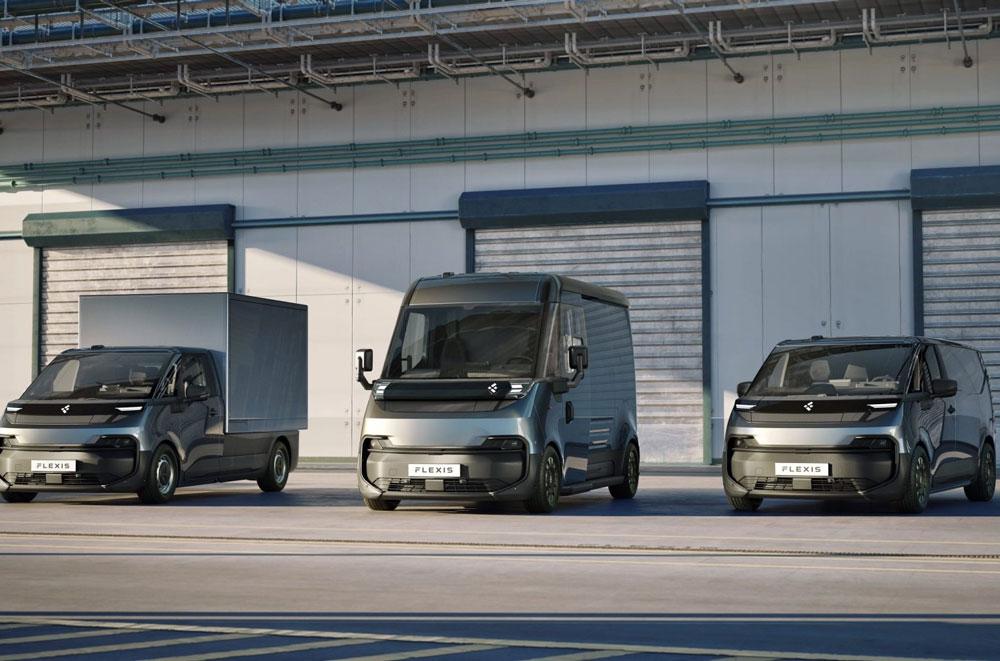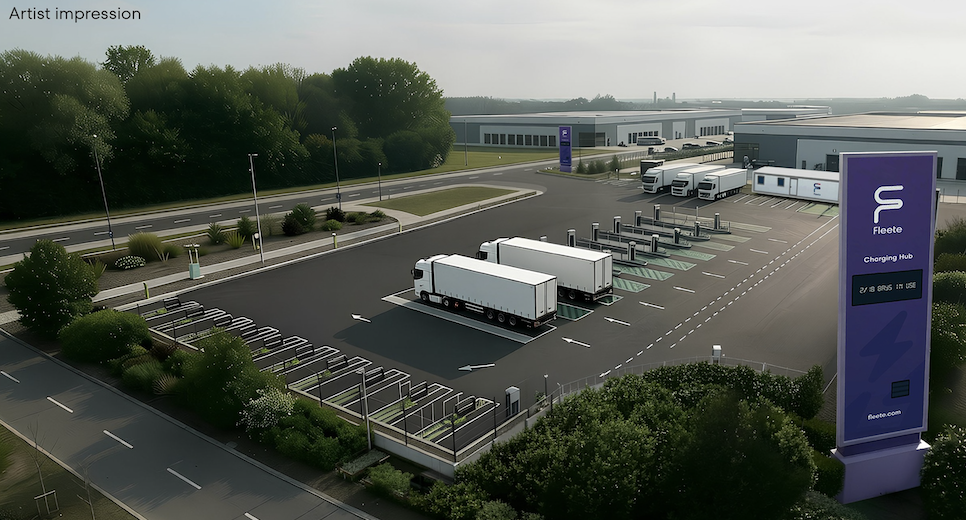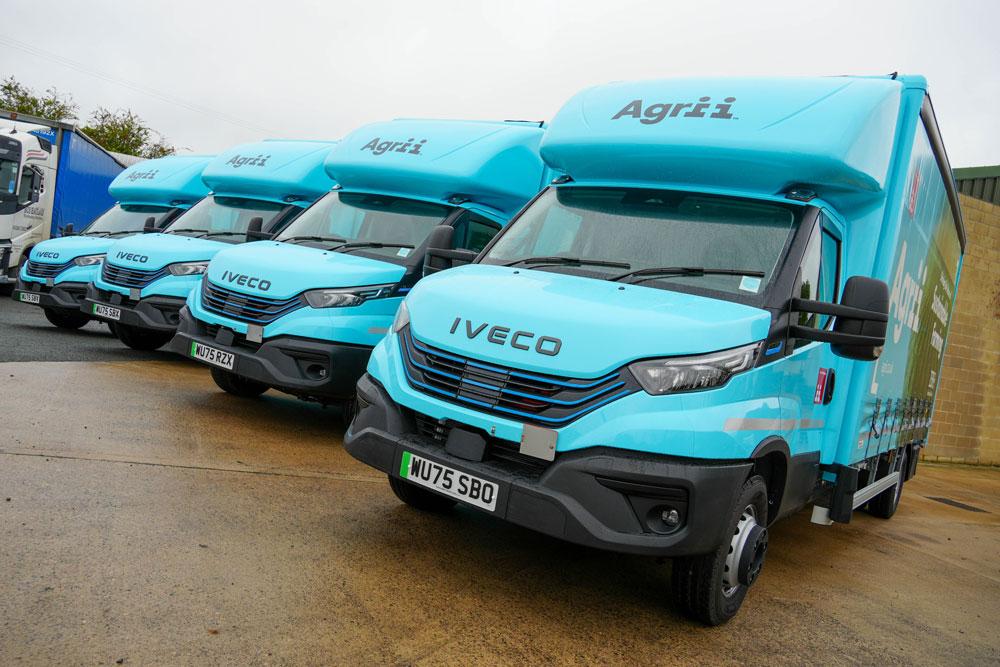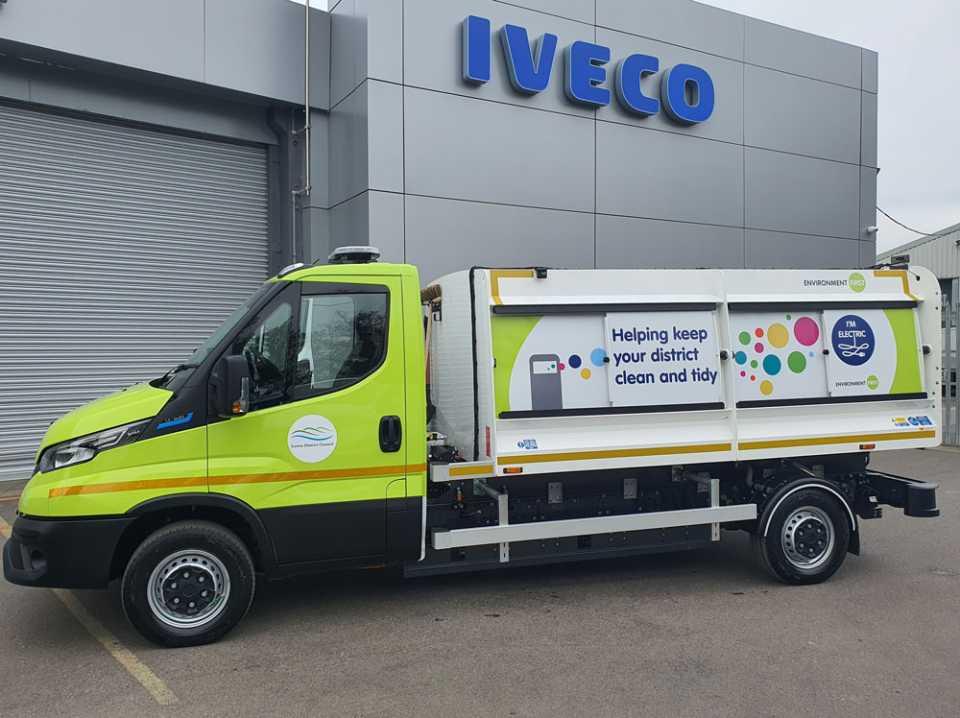Mitie has ordered 655 Vauxhall Vivaro-e vans, with the first one received taking Mitie to the landmark of 1,000 electric vehicles on its fleet.
The van will be used by a Mitie frontline engineer and has been specially fitted-out to ensure it can carry all the equipment needed while minimising weight, to help maximise the battery’s range.
While Mitie began its electric vehicle transition in mid-2019, this was with a focus on cars and small vans, as there was no viable alternative for its large diesel vans with an adequate range to manage the heavy load often carried by mobile engineering teams.
Mitie ordered the 75kWh battery vans with a split of standard L1 and long L2 wheelbase versions. Capable of up to 205 miles from a single charge, these Vivaro-e vans support up to 100kW rapid charging with an 80 per cent charge taking just 45 minutes.
Payload is up to 1226kg and the Vivaro-e is capable of towing up to one tonne. The vans are also exempt from current congestion and ultra-low emissions charges, and also benefit-in-kind taxation at 60 per cent of the standard van rate.
Simon King, Director of Sustainability and Social Value, Mitie, said: “When we began our EV journey 18 months ago we thought switching our big vans would be one of our biggest challenges. However, with Vauxhall helping us overcome this hurdle, we’re very pleased to be marking our milestone 1,000th zero emission vehicle with the delivery of this Vivaro-e. With over 600 more set to join our fleet this year, we’re making great progress towards our target of 2,021 EVs in 2021 and helping even more Mitie fleet drivers switch to electric.”
Paul Willcox, Managing Director, Vauxhall, commented: “Congratulations to Mitie on passing one thousand electric vehicles on its fleet and for being at the forefront of driving Britain to a more sustainable future. At Vauxhall we are proud that they have chosen our award-winning, all-electric Vivaro-e van, and joined a growing number of pioneering firms in Britain who want to have no compromise in the capability of their vehicle fleet but also want to improve their environmental impact and lower their running costs.”







